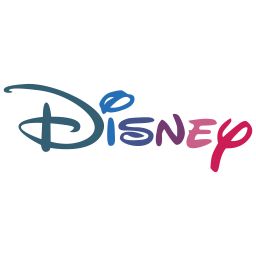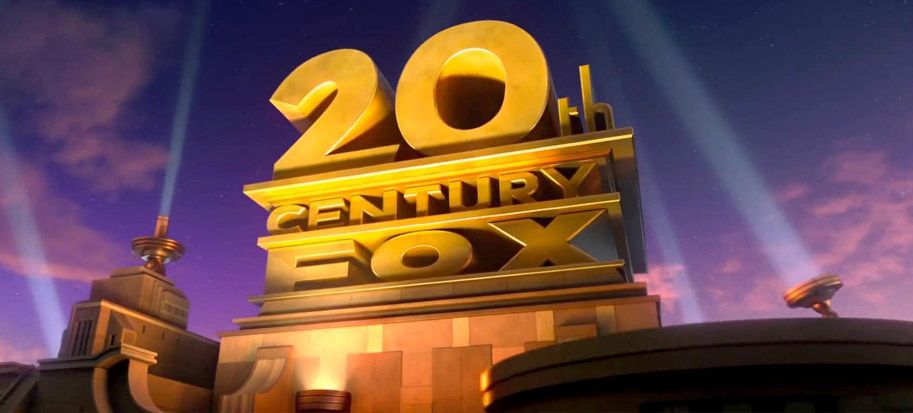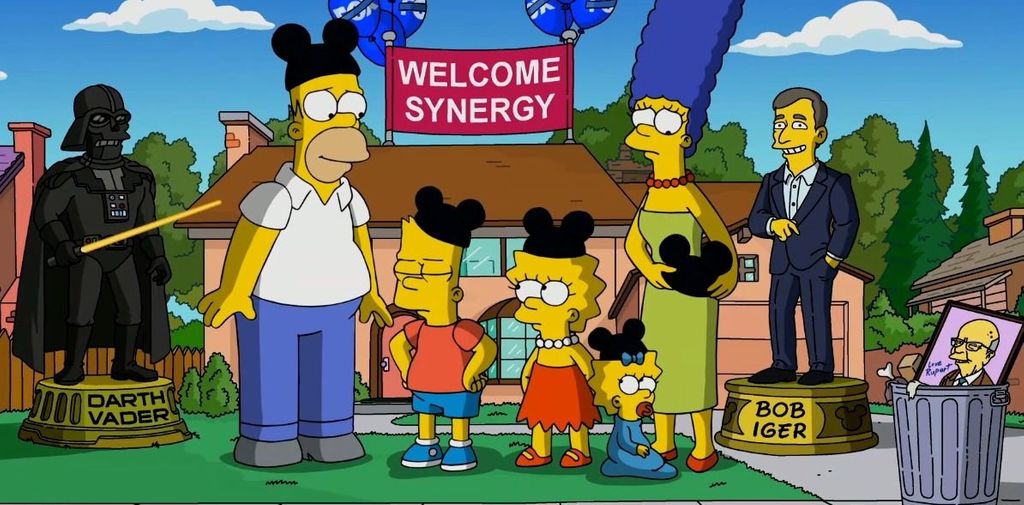An Unhealthy Purchase
Jun 03, 2019 • 98 views
An Unhealthy Purchase
In March 2019, The Walt Disney Company acquired the American mass media conglomerate, 21st Century Fox for a staggering $71Bn. 21st Century Fox was the fourth largest American media conglomerate until the acquisition. Fox operated in the Film and Television Industry with film production studios like 20th Century Fox and Fox Searchlight and television channels like abc, Fx Networks and the Fox News Service. 21st Century Fox also the parent company to sports network, ESPN, and National Geographic network. With the acquisition, Disney now has direct control over most of Fox’s assets and very high stakes in the Nat Geo and Fox television networks and also own majority assets of the online streaming platform, Hulu. This also means the Star network of TV channels are also under Disney’s control. After the acquisition, Disney has emerged as the dominant Hollywood company by having ownership of over 50% of the industry.

Disney was already one of the most powerful media houses on the planet by building up immense fortune from their meteoric past successes and the vast array of Tv networks, animation studios and theme parks. Disney had already purchased major productions like Marvel and Star Wars, with such pop culture giants, were definitely ruling the box offices. The acquisition added to their arsenal other pop-culture giants like The Simpsons and James’ Cameron’s blockbuster franchises of Alien and Avatar. Disney also owns major shares of Fox India. This kind of dominance and industry-wide has been criticised by many as it leads to monopoly over media and decrease in variety of content.

Now that Disney has ended up owning more than half of Hollywood, Disney will be competing with itself at the box office. In the near future, there may be a time when a Disney original hits the theatres, the next week sees the release of a Pixar production, followed by a Fox production the next week, followed by a Marvel or Star Wars production the week after. Disney will be releasing its content consecutively keeping in mind its own profits, whereas other production companies will keep getting butchered every day. There will be an inevitable stagnation in the variety of content produced as well. Disney’s obsession with ‘family-friendly’ content will cause a serious decline of A-rated and R-rated films, which have a dedicated audience of its own. The acquisition also brings back X-Men and Marvel under one roof. Rights to the X-Men were sold to Fox by Marvel, but it is not clear if X-Men will be directly under the Disney banner will Marvel be able to gain complete rights to the franchise again.

The worst fear that stands now is of unchallenged media monopoly. This will lead to fewer risk-undertaking and newer kinds of content. This even led FX showrunner of the hit American Horror Story to exit the FX network and enter an exclusive deal with Netflix. Smaller and radical production houses like MGM and Annapurna do not stand a chance against Disney, essentially killing of reputable platforms for different and innovative filmmakers, most notably Paul Thomas Anderson. This also means unhealthy business. With absolute lack of challengers and competitors, Disney is free to demand whatever rates and prices they see fit. Disney was already known for demanding a larger cut of movie ticket sales than other production houses, and now without any formidable competition, can demand even more. Disney’s soon to launch streaming platform, Disney +, is speculated to be a worthy competition for streaming giant Netflix, and can easily emerge as the dominant player given the vast array of shows and movies under its umbrella. The service maybe given out for lower costs than Netflix and eventually overtake Netflix concealing it in its dust.
There is also a risk to free press. Given major news services have now also fallen under the Disney banner. Journalists have expressed their concern towards the corporate culture in journalism and how negatively it will impact free media. This will definitely result in mediated news content putting unbiased and truthful journalism in the backseat.
Free media is highly important for any society to develop. Media has a huge impact on people’s culture, upbringing, ideologies and opinions. Without a free media, people will be left in the dark without any exposure to fair journalism, propagation of new ideas and cultural growth and development.
